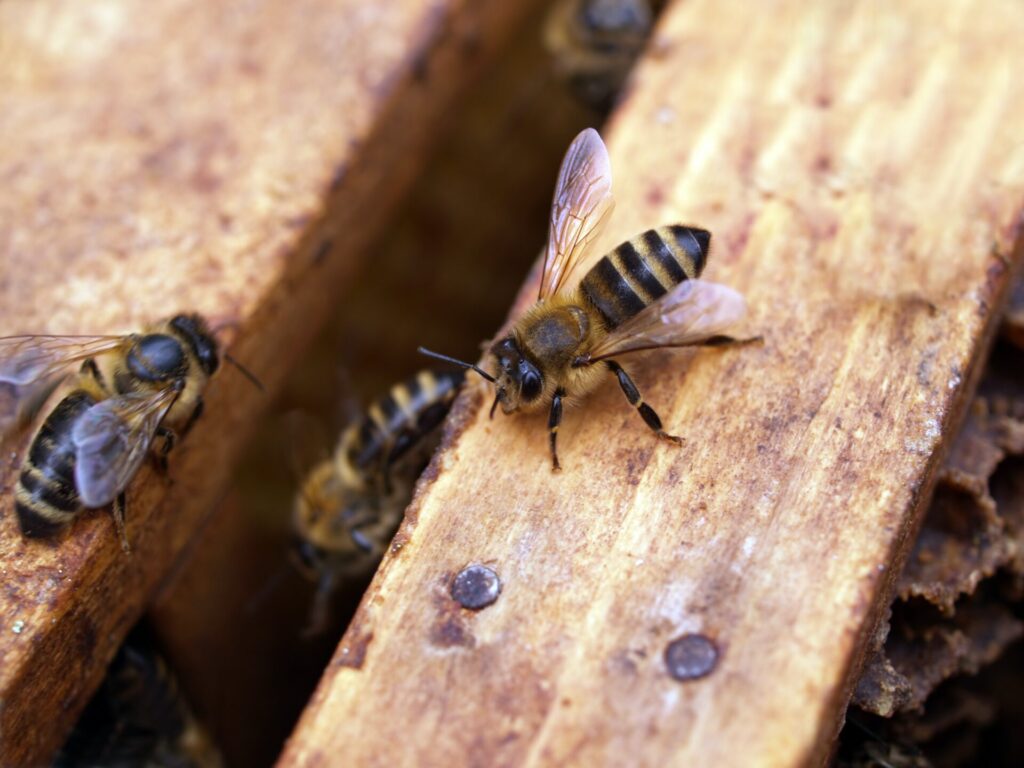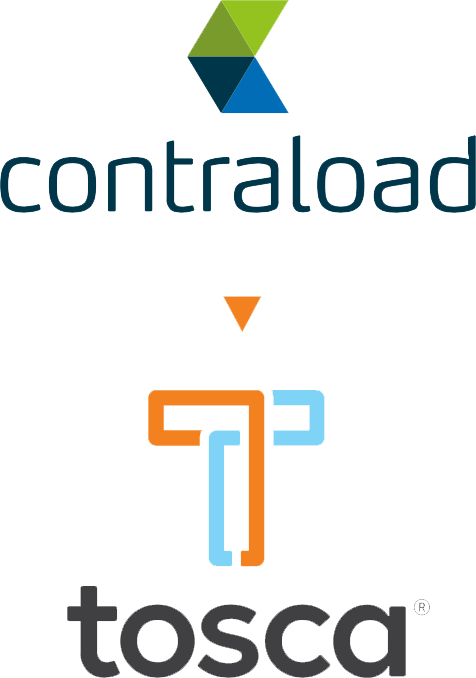The Road to Sustainable Operational Excellence
The way a business operates demonstrates its stance on sustainability. For good companies, it’s revealed through walking the walk, instead of just talking the talk. For us, as Tosca, our business model is inherently sustainable. Our vision is a future where all one-way packaging is converted to reusables. That said, we don’t simply stop there. Throughout our Company we focus on continuous improvement of ‘operational excellence’ in the areas of environment, social improvement and governance (ESG).
As such, we’re constantly looking at ways we can improve and drive a robust approach to sustainability at every turn.
Here’s how we’re doing it.
When it comes to performance: process makes perfect
These days, increasing focus on ESG management is happening, driven by societal and investor concerns. So, whether you think sustainability is something to prioritise or not, in truth the choice is no longer in your hands. The best way to ensure you’re keeping ahead of the game? Understand what ESG issues are important to your key stakeholders: investors, customers, workforce, regulators etc. then perform a detailed review of your activities to see if you are fulfilling their expectations. You can’t improve what you don’t know.
An example of how we’re doing this started from an understanding that energy use and associated emissions along with water use are of importance to our customers. No one wants to use a product or service that results in significant greenhouse gas emissions or uses too much water. As a result, we are beginning to implement alternative labelling methods, namely digital tracking systems, that either eliminate the need for, or minimise, the water and energy required for the removal of labels during our wash cycle.
Other processes that we’re constantly improving include product evolution, reduction in food damage, ever increasing recycling of waste and minimising emissions associated with energy use and transportation.
It’s useful to remember that small steps and minor changes ultimately add up to a truly sustainable company and one which achieves sustainable operational excellence. In short: you need to sweat the small stuff!
A more climate-conscious company
Everyone everywhere will experience the impacts of climate change, whether it’s more frequent extreme weather events, rising costs of non-renewable energy, or the loss of natural habitats. As such, it’s crucial that we significantly reduce the impact of our activities on the planet – before it’s too late.
Cutting down on greenhouse gas emissions is a great place to start. One of the key ways we are reducing direct emissions is by upgrading our facilities and equipment. For example, we are working to move from propane-fueled forklifts to electric alternatives by 2030. Most facilities in Europe already have an electric fleet and, globally, we have achieved 100% use of battery-powered floor cleaners and scissor lifts. In addition, by 2030, we will have automated processes in place in 100% of Tosca-operated locations which will increase efficiency of operations and use of equipment. We are already close to that goal with 70% of facilities having some form of automation in place. And although this sounds like we might be increasing our greenhouse emissions, we are also moving to 100% renewable energy thus eliminating emissions associated with any increased electricity use.
And that’s not all! We’re also making positive changes to our manufacturing, IT servers, office spaces, and increasing the use of direct renewable energy by installing solar panel systems on our buildings.
Thinking outside the box. Or in our case…hive
As a sustainable supplier, we attack waste on two fronts: through what we do to reduce waste for our clients, and what we do for ourselves. Internally, our mission is to divert waste from landfill wherever possible and we are on track to being zero waste-to-landfill certified by 2030.
One interesting way we’re achieving this is through repurposing. We supply cheese boxes used for the transportation and ripening of cheeses for a significant proportion of cheese makers in the US. The boxes comprise wooden panels held together in a metal frame. The boxes are reused time and time again – for up to 15 years on average through refreshing the panels via a process of wax removal, washing and re-waxing. In this way, when the wood reaches the end of its useful life, the box’s metal supports are sent for recycling, but the panels are sent for a novel reuse purpose: beehive construction! The wax penetrated wood helps preserve hives against weather impacts and protects the bees from disease.

Creating a more responsible supply chain
At the end of the day, sustainability takes a village. That’s why it’s so important to make sure the whole of our supply chain reflects our ethos and that is as willing as we are to consistently move the sustainability needle. Who you partner with is as important as your own efforts.
A first step is that we require all of our critical suppliers to comply with our Supplier Code of Conduct that details our own ESG management expectations.
It is only by working together with our own suppliers as well as our clients and other stakeholders, that we can achieve sustainable operational excellence, make a bigger positive impact and be altogether, better.
Read more about how we’re advancing our own sustainability efforts and also, through close partnership, those of our customers too, in our inaugural ESG Report.


